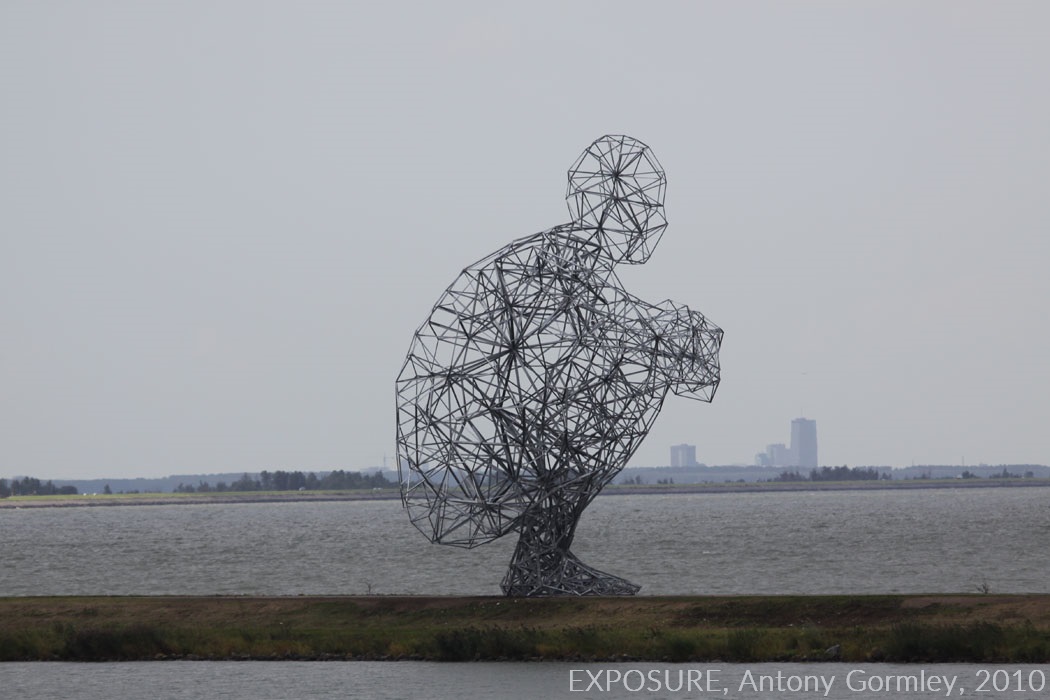OUR APPROACH
We aim to unravel and articulate how people’s bodies are affected and shaped while being disturbed by a health problem and while being engaged in a certain treatment. Subsequently, we investigate how patients give sense to their self and their world and how they understand things through their body. In addition, the words that patients and caregivers use to describe embodiment will be made explicit in order to provide medical professionals a vocabulary that can help them communicate differently about obstinate health problems. Because this research project takes place in close collaboration with professionals in the field, the implementation of this novel vocabulary is a logical step.
To explore the various way people’s bodies are affected and shaped while being disturbed by a health problem and while being engaged in various treatments and practices, we analyse how the body is lived, framed, and “performed” in actual practices. Because we focus on performativity, we also analyse the material context in which this takes place.
We mainly conduct qualitative research. We analyse a mixture of relevant, mainly written, sources, such as information leaflets, internet sites, textbooks, reports, fictional and non-fictional stories or “pathographies”. In addition, we collect and analyse various types of qualitative data, such as fieldwork notes and interview transcripts.
While the project targets three major health problems – medically unexplained physical symptoms (MUPS), obesity and depression – our fieldwork will be conducted in various therapeutic practices that counter these problems. Additionally we will study different sources:
- To gain insight into the meaning of embodiment in MUPS, we will conduct (a) an online ethnography of bloggers and vloggers, on their MUPS experience; (b) a qualitative study of people suffering from MUPS and who are treated by either hapto-therapy or osteopathy; (c) a discourse analysis of the Dutch ME/CFS policy.
- To gain insight into the meaning of embodiment in obesity, we will conduct (a) fieldwork in the Dutch obesity clinic; (b) a qualitative study of people diagnosed with overweight or obesity who are engaged in an exercise on prescription program; (c) a philosophical analysis of the meaning of motivation.
- To gain insight into the meaning of embodiment in depression, we will conduct (a) fieldwork in running therapy for depression groups; (b) a qualitative study of antidepressant use in people suffering from (mild) depression; (c) a philosophical analysis of affect and mood in depression.
Since we use a qualitative approach (and not a quantitative statistics based approach), our research does not aim at providing generalizable knowledge. While analyzing the qualitative data on patients’ lived experiences of embodiment, we use an interpretative phenomenological analysis, which aims at clarifying how people make sense of their experiences. While analyzing the qualitative data on various views and conceptions of embodiment, we seek to identify certain themes and patterns.
MEET THE TEAM
Our team is composed of specialists from diverse fields and junior researchers.
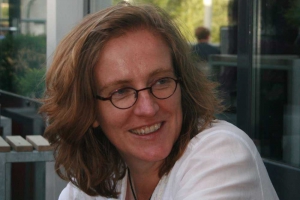
Jenny Slatman
Project leader, researcher, supervisor
I am professor of Medical Humanities in the Culture Studies department of the Tilburg School of Humanities and Digital Sciences. My research involves philosophical and anthropological analyses of the meaning of the body and embodiment in health and medicine.

Elise Doeschot
PhD researcher
I am doing my PhD on the embodiment of obesity. The research project consists of two parts. In the first part I will explore bodily experiences of persons that underwent bariatric surgery combined with following a weight loss trajectory. In the second part, I will study and take part in a life-style adjustment programme. I will make use of ethnographic and auto-ethnographic methods in order to gain broad insight in the different aspects and first-person experiences of having a big/fat body or/and obesity.
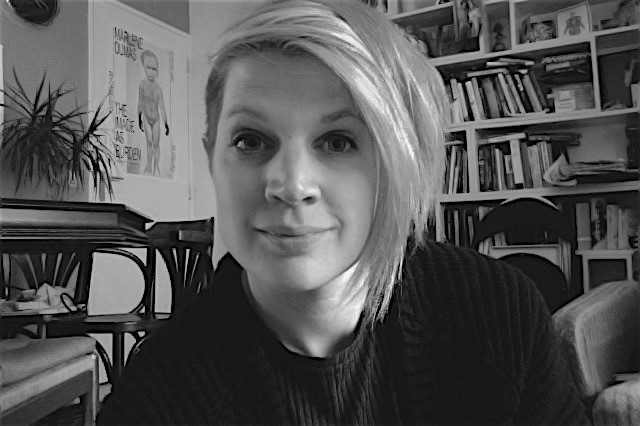
Sanne van Driel
PhD researcher
My PhD research focuses on embodiment in treatments for depression. It combines empirical field research with philosophical analysis, in which I explore ‘from within’ how running therapy and treatment with antidepressants work and how people who are depressed experience these treatments. I have studied Humanistics (Ba) and Philosophy (Ma). Besides, I have worked as ‘experience expert’ and developed an interest in ‘Mad Studies’. Against this background I conduct this research, from the department of Cultural Studies at Tilburg University.
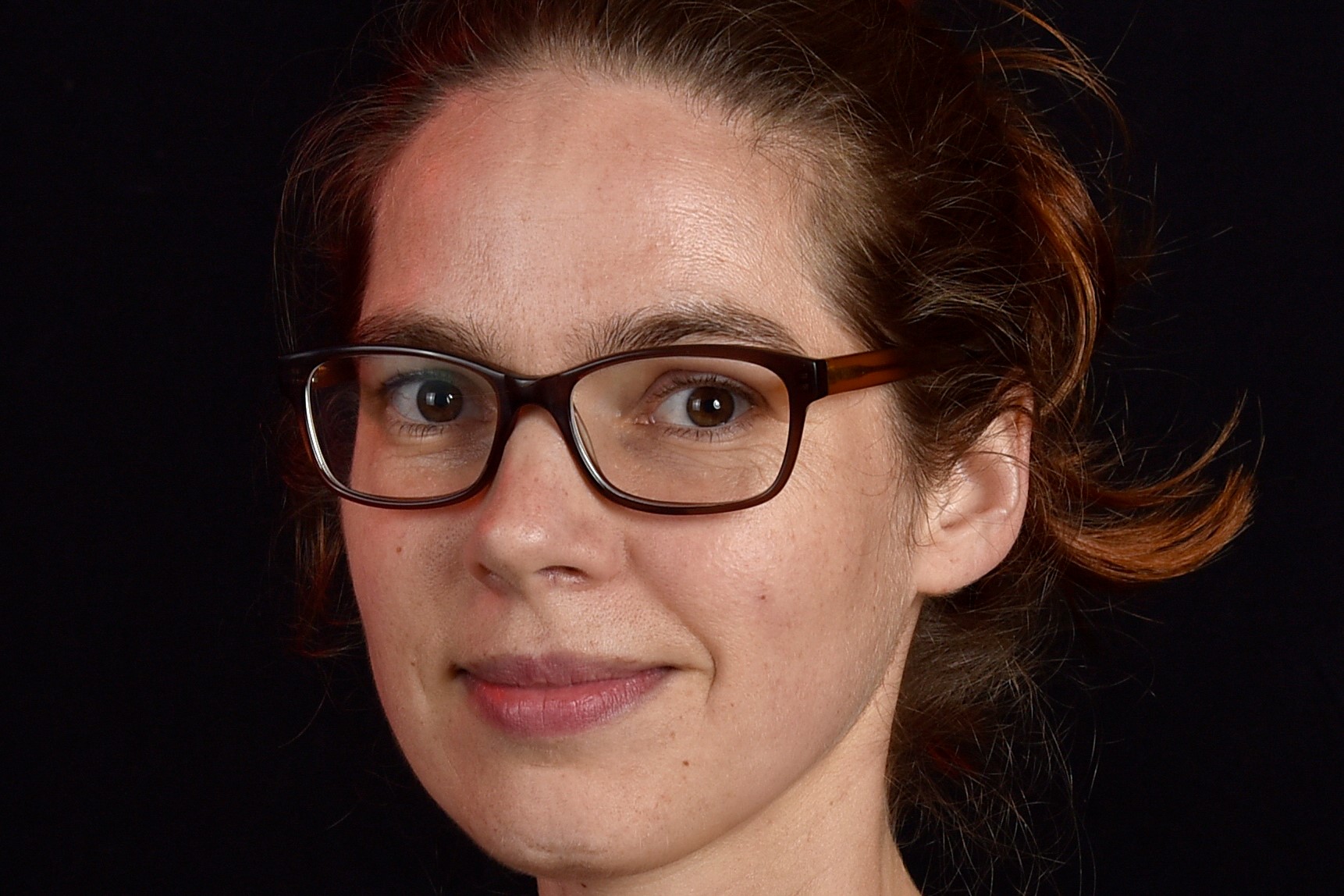
Sanneke de Haan
Postdoc researcher, supervisor
I am a postdoctoral researcher at the Department of Culture Studies at Tilburg University. I am a philosopher and my research is in philosophy of psychiatry mainly. In the Mind the body project I supervise PhD students Elise Doeschot and Irene Groenevelt. I also work on my research project ‘Is it me or my disorder?’ on relational authenticity in psychiatry.
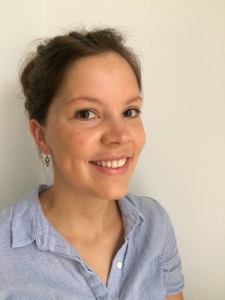
Irene Groenevelt
PhD researcher
I am a PhD candidate in the Culture Studies department of Tilburg University. In my research I focus on embodiment in MUPS: medically unexplained physical symptoms. I do online ethnography, and ethnographic fieldwork on the complementary medical practices haptotherapy and osteopathy, to explore how MUPS patients make sense of their bodily suffering.
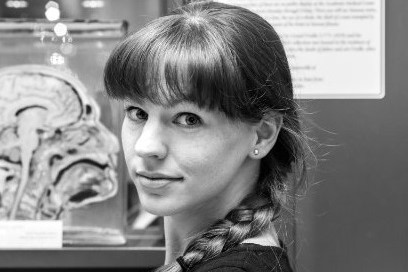
Annelies Kleinherenbrink
Postdoc researcher
I am a postdoc researcher at the Department of Culture Studies at the Tilburg School of Humanities and Digital Sciences. My research addresses the question to what extent our understanding of depression is limited by the belief that ‘we are our brains’. In addition, I explore which philosophical approaches to embodiment can increase our understanding of depression and the effects of anti-depressants.
Annelies will join us from September 2018.
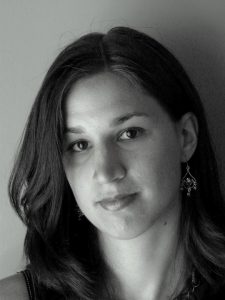
Marjolein de Boer
Postdoc researcher
I am a postdoc researcher at the Department of Culture Studies, Tilburg University. My research deals with subjective experiences and cultural conceptions of ill and medicalized embodiment from an empirical philosophical perspective. Within my postdoc project, I focus on conflicting conceptions of mind and body in Chronic Fatigue Syndrome/ Myalgic Encephalomyelitis (CFS/ME).

